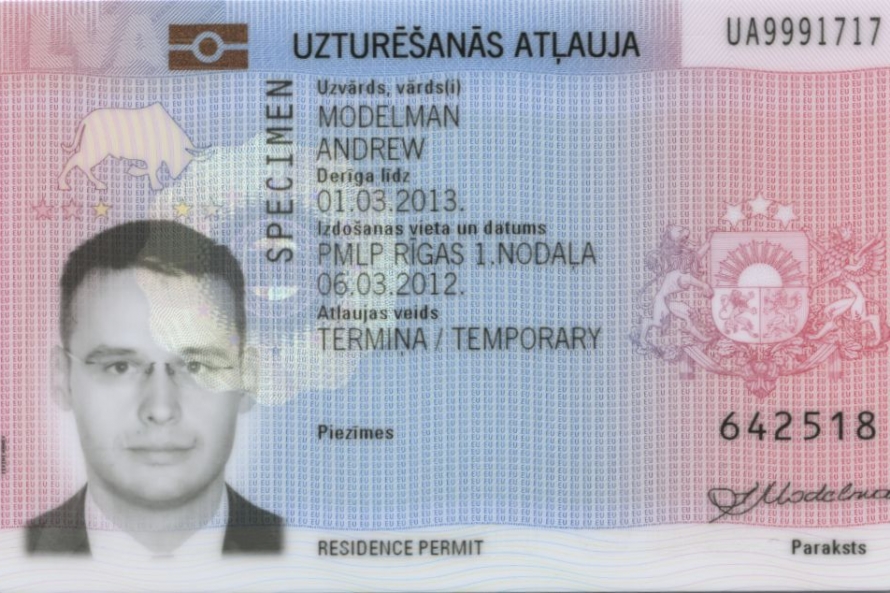A statement released by the Defense Ministry said any short term gains to the economy would be insignificant compared to the long term threat posed by letting hundreds, and possibly thousands of people into the country with police unable to perform necessary checks on whether or not they were desirable.
"Minister of Defense, Raimonds Vejonis believes that a reduction in the thresholds for obtaining a temporary residence permit (TRP) may cause long-term national security risks," the statement says.
"The Security Police has acknowledged that its capacity to check large volumes of data on foreign nationals is limited," it said, adding that information about non-EU nationals was particularly hard to double-check.
Instead of vague promises that investors buying real estate would bring money with them or might start a business in Latvia, government policy should focus on effective use of EU cohesion funds worth €4.5bn plus genuine project proposals that can be properly scrutinized, Vejonis said.
"These evaluations must take place in the cabinet, or at least at he level of the responsible ministry because municipalities do not have the resources to assess the potential risks and impacts themselves," he said.
Vejonis' intervention is significant, coming at a time when Saeima deputies are being actively lobbied in attempts to get Latvia's residency-for-cash scheme to be loosened, just a year after the regime was tightened in response to several cases bringing it into disrepute.
Who precisely is behind the lobbying campaign is unclear, though it is believed that local banks specializing in non-resident deposit accounts are heavily involved.
Odd holders of Latvian residency permits under the previous regime included disgraced Kyrgyz banker Mukhtar Ablyazov and ultra-nationalist Russian singer Oleg Gazmanov, who was subsequently banned from Latvia.
Supporters of performing a policy U-turn and loosening the residency-for-cash scheme claim it brings extra cash into the economy, mainly in the real estate sector.
In September last year the level of investment needed to be eligible for the scheme was raised from €140,000 to €250,000.
Opponents say the scheme also keeps property prices inflated, making housing unaffordable for locals and that many of those holding residency have little interest in Latvia, let alone a desire to reside here.
With sanctions and travel bans taking a toll on the Russian elite, there is also the possibility that a revised scheme might offer a way to circumvent sanctions for high-net-worth individuals.
Speaking at a recent conference on the subject Monday, Economics Ministry spokesman Artins Lazdovskis said that the average monthly number of applications for residence permits had declined from 200 to 30 since September 1, 2014, when stricter requirements were introduced for the investors seeking Latvian residence permits.
"Reviving the program would provide a positive impetus for the Latvian economy,” Lazdovskis said.
The Economics Ministry is currently run by Vejonis party colleague from the Greens and Farmers Union, Dana Reizniece-Ozola.





























